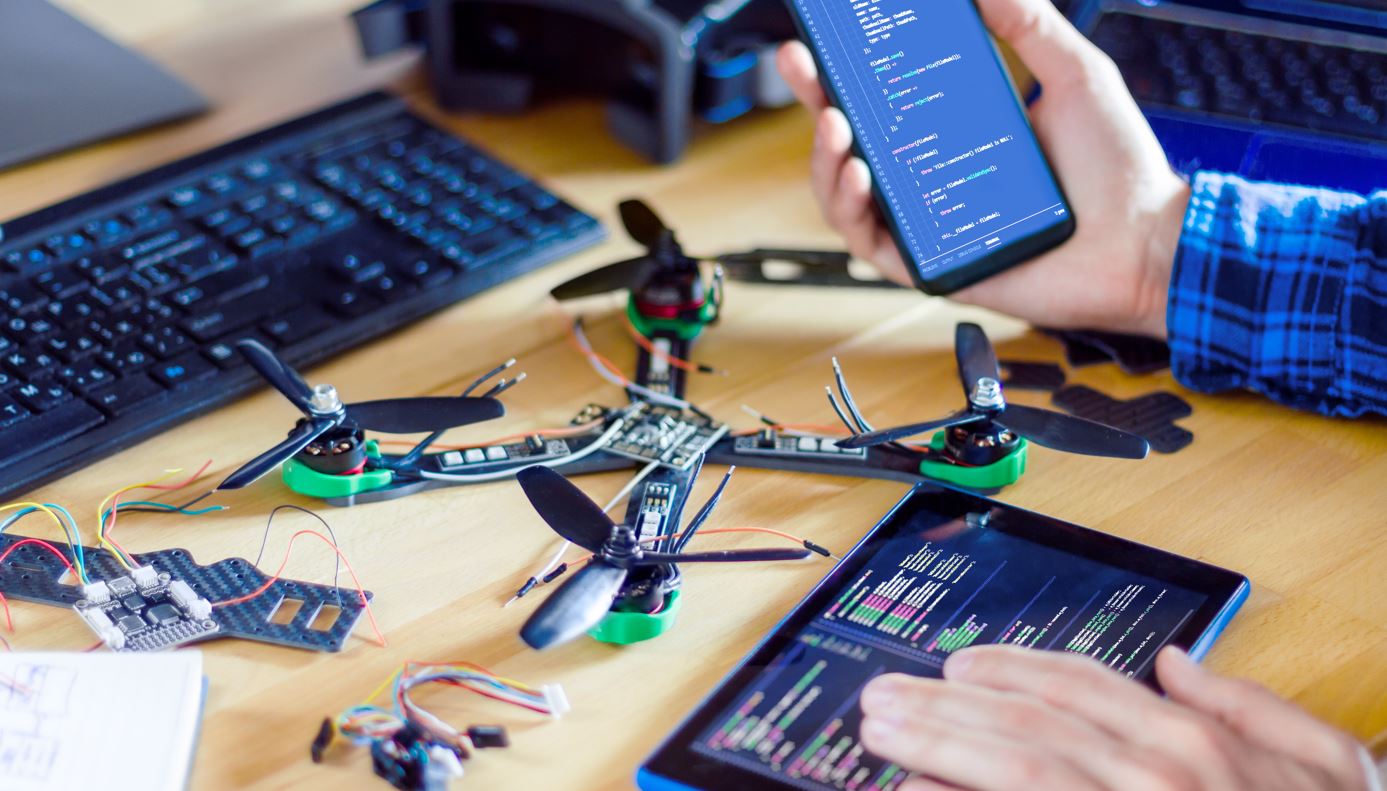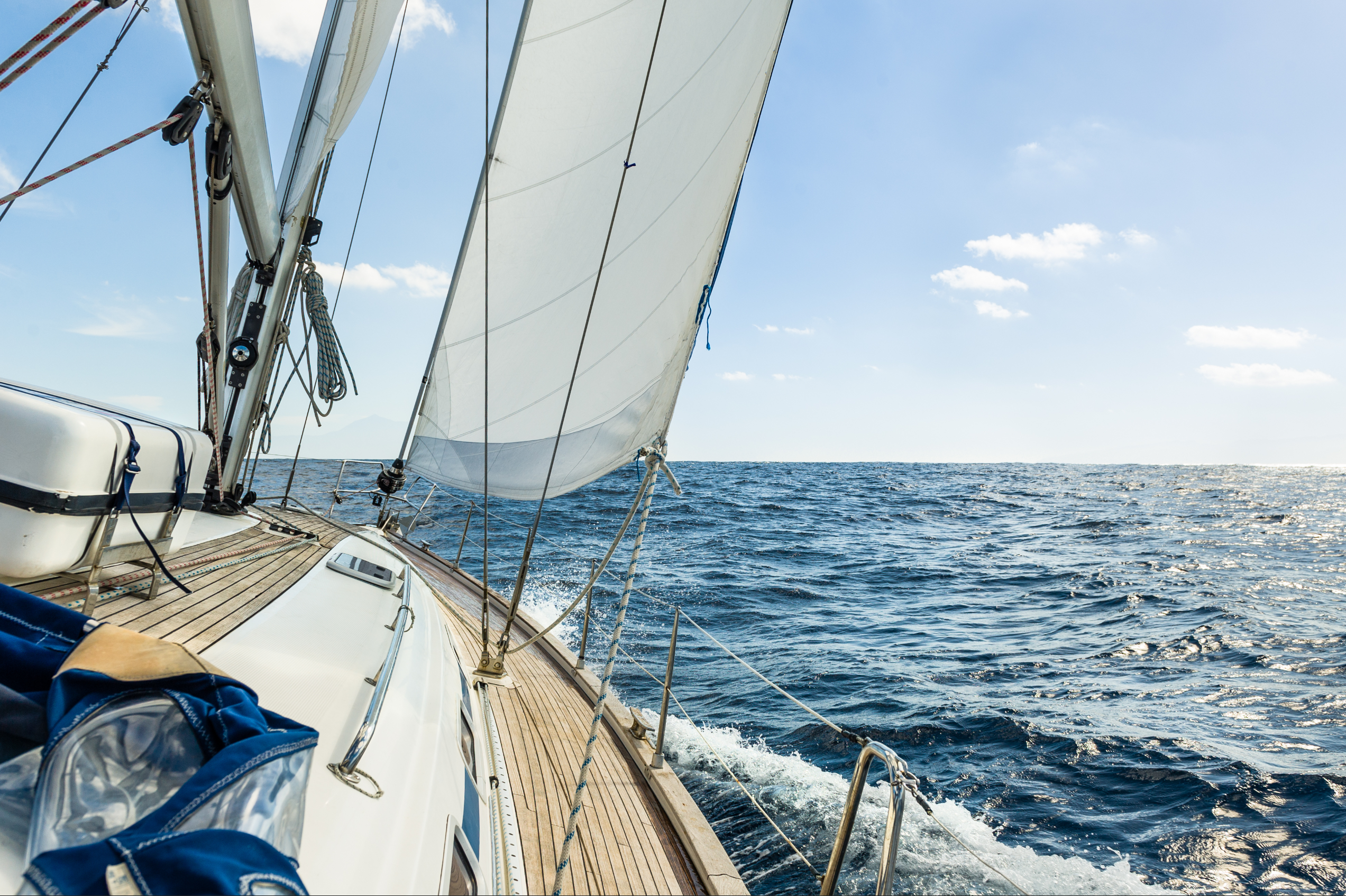What is Sensor Fusion?
Sensor fusion plays a large role in any device that is attempting to produce estimated, quantifiable data. Sensor fusion is the ability to bring together inputs from multiple sensors to produce a single model whose result is more accurate than that of the individual inputs alone. There are three fundamental methods of sensor fusion:
- Redundant Sensors- All sensors give the same information for the environment.
- Complementary Sensors- The sensors provide independent, disjointed information about its environment.
- Coordinated Sensors- The sensors collect information about its environment sequentially.
From there, the information is communicated in one of three different ways. In a centralized setup, all sensors provide information to a common central node. If the configuration is decentralized, no information is communicated between the sensors and the nodes. If it is a distributed organization, then the nodes interchange sensor information at a given rate.





